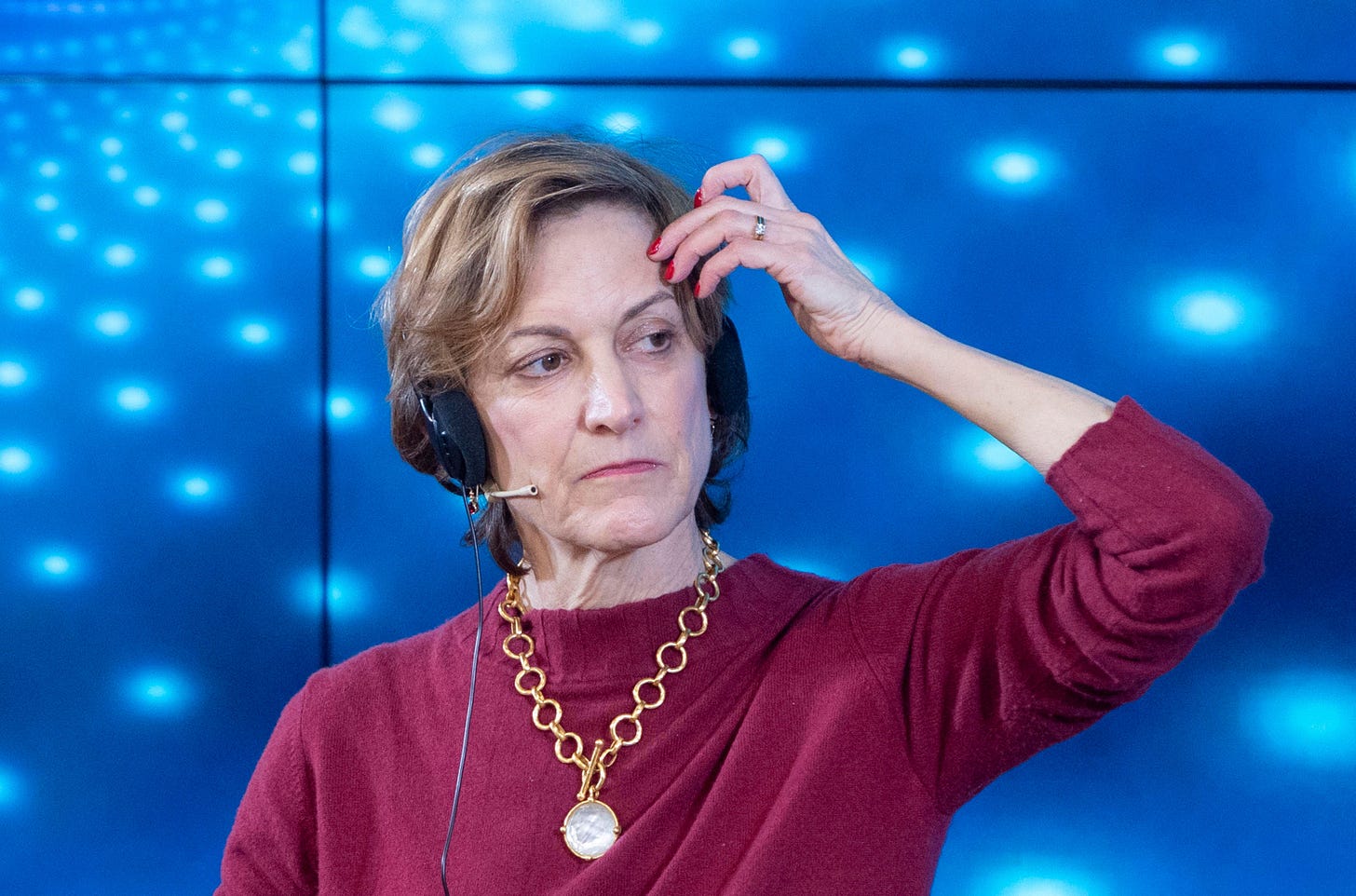Listen to the podcast on Apple or Spotify.
During the golden age between the collapse of European communism in 1989-91 and Russia’s invasion of Georgia in 2008, liberal democracy looked unstoppable. History was ending1 and it was ending happily. Authoritarians still ruled more than a billion Chinese but the “Arab Spring” and “Colour Revolutions” suggested democracy was on the march.
From 2024, things look very different. Authoritarians are sufficiently embedded to export their model and offer support services not only to each other but to illiberals in Europe and the US. “Everyone assumed that in a more open interconnected world, democracy and liberal ideas would spread to the autocratic states,” writes Anne Applebaum in Autocracy Inc: The Dictators Who Want to Run the World, published today by Penguin. “Nobody imagined that autocracy and illiberalism would spread to the democratic world instead”.
“Over the last decade or so, it's become increasingly clear that the old ideas that people had about how to defeat autocracies, how to make societies more open, weren't working anymore,” she told me in a New Books Network interview. “Some of the explanation is technological, but much of the explanation is really to do with the fact that the autocracies themselves now work together. They work together in the field of surveillance; they exchange ideas; they work together in propaganda; they use the same kinds of language and the same narratives. They work together militarily: in the last few months alone, we’ve seen how Iran can provide Russia with thousands of drones and North Korea can provide Russia with thousands of weapons to fight Ukraine. They also work together diplomatically: China has a big interest in changing the way that the UN runs and the other autocracies from Russia to Belarus to Zimbabwe to Cuba have helped them”.
“It was almost as if once I’d seen this, I couldn't unsee it. Once I understood that this was happening, then almost every place you looked at anywhere in the world, you found elements of this story”.
Take Chavismo. How has the Venezuelan government survived a quarter-century despite hyperinflation, chronic shortages of food and medicine, and the exodus of 6 million people? “The answer turned out to be that the Russians were giving them weapons. The Chinese were giving them surveillance and investment. The Cubans were helping them run their secret service. The Turks were buying their gold. The Iranians were helping them to escape sanctions and to continue to produce and sell oil even though they were sanctioned not only by the US and Europe but also by many of their neighbours because Venezuela is a huge problem for other countries in South America too. And once I saw that, then almost any story or place I went or a story that I touched, I've found some element of this to be true”.
Anne Applebaum is a prize-winning American-Polish historian and staff writer for The Atlantic. Her first book, Between East and West (1994), traced the rise of nationalism in the former Soviet Union. Her second, Gulag (2003) won a Pulitzer Prize, and her third, Iron Curtain (2012), restored the USSR's decade-long colonisation of Eastern Europe to its pivotal place in the continent's post-war history. In 2017, Red Famine retold the story of the Holodomor in the lead-up to Russia’s full-scale invasion of Ukraine. In 2020, she published Twilight of Democracy, a part-memoir/part-analysis of the rise of authoritarianism in Eastern Europe and national conservatism in the US and the UK.
For my Writers’ Writers tipsheet, she chose The Ideological Origins of the American Revolution by Bernard Bailyn (Harvard University Press — 50th Anniversary edition, 2017) and Anna Karenina by Leo Tolstoy (most recently published in English in 2017 by OUP, translated by Rosamund Bartlett).
In his 1992 book The End of History and the Last Man, Francis Fukuyama wrote that humanity had seen "not just ... the passing of a particular period of post-war history, but the end of history as such: That is, the end-point of mankind's ideological evolution and the universalization of Western liberal democracy as the final form of human government".





